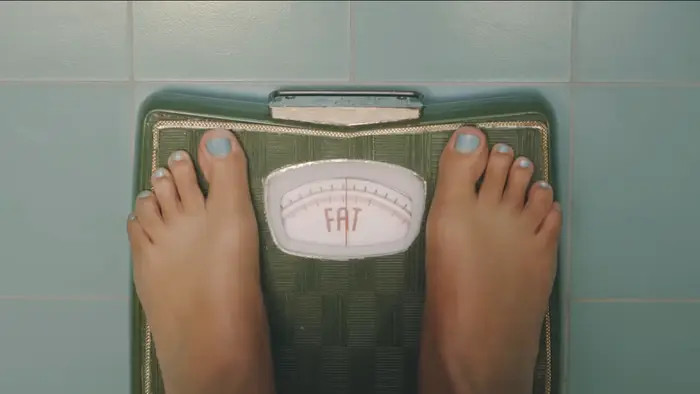Girl Loses Life In Tragic Sand Hole Accident While Playing At Beach

Dealing with insecurities is never an easy path

On October 21, Taylor Swift's newest album, "Midnights," was released. It contains 20 new songs that "Swifties" all over the world can analyze and adore.
Track 3's "Anti-Hero" music video was the first to be made public. In just 5 days after being uploaded to Apple Music and YouTube, the video had over 30 million views.
The video was written and directed by Taylor Swift herself, as she depicted all the ways the singer/songwriter has insecurities. She did this by creating a critical "alter ego" version of herself who, for the most part, is a negative influence in the video "Anti-Hero."
The singer's fears included, among others, drinking, self-sabotage, anxiety, social awkwardness, abandonment, and bodily dysmorphia. Both fans and non-fans were really upset by how that last one was portrayed.
Swift has frequently discussed her prior struggles with eating disorders and the tremendous support she has received since making a full recovery. There is one scene in particular that has drawn a lot of criticism: when Taylor stands shamefully on a scale that says "FAT."
She didn't expressly reference an eating disorder in her music video for "Anti-Hero," though; instead, she stood on a scale that said "Fat." The "real" Taylor looks across to her "alter-ego," who begrudgingly shakes her head at her, and she gets visibly depressed.
 Buzzfeed.com
Buzzfeed.comClearly, Taylor was just attempting to illustrate how severely body dysmorphia affected her in the past and possibly even today when she created and posted this scene; therefore, so it's fair to label her as "fat-phobic" for doing so.
 “Anti-Hero” by Taylor Swift on YouTube
“Anti-Hero” by Taylor Swift on YouTubeIs there a way she might have given herself a different name on this mystical scale that could supposedly generate anything other than numbers? The answer is yes!
But you don't really have to sugarcoat things when you're making a video about yourself and your personal struggles. The Twitter threads began shortly after the video was posted.
 “Anti-Hero” by Taylor Swift on YouTube
“Anti-Hero” by Taylor Swift on YouTubeSome followers believed that Taylor was merely attempting to honestly portray her battles with her eating condition. Contrarily, and this is a legitimate argument, some of her fans who are unlearning anti-fat messaging to embrace their bodies as they find it troubling that one of the most well-known female music stars in the world seems to fear being labeled "fat."
Here are some of their comments below.
 Twitter: @stellar_sprout
Twitter: @stellar_sprout Twitter: @KLo1012
Twitter: @KLo1012 Twitter: @theshirarose
Twitter: @theshirarose Twitter: @ErinPhillipsRD
Twitter: @ErinPhillipsRDTaylor and her staff apparently heard the heartbroken screams of her followers and chose to take off the two-second footage of her feet on the scale that says "Fat." Both the sequence and the YouTube video were cut from the Apple Music version.
 Evan Agostini/Invision/AP/Shutterstock
Evan Agostini/Invision/AP/ShutterstockDespite the backlash, we applaud Taylor for being open about the private struggles so many individuals experience in silence. And after years of suffering, we are overjoyed to see her looking joyful and healthy once more!
How did you feel about the "Anti-Hero" video in the end? Drop your thoughts in the comments below and share this post as well.





